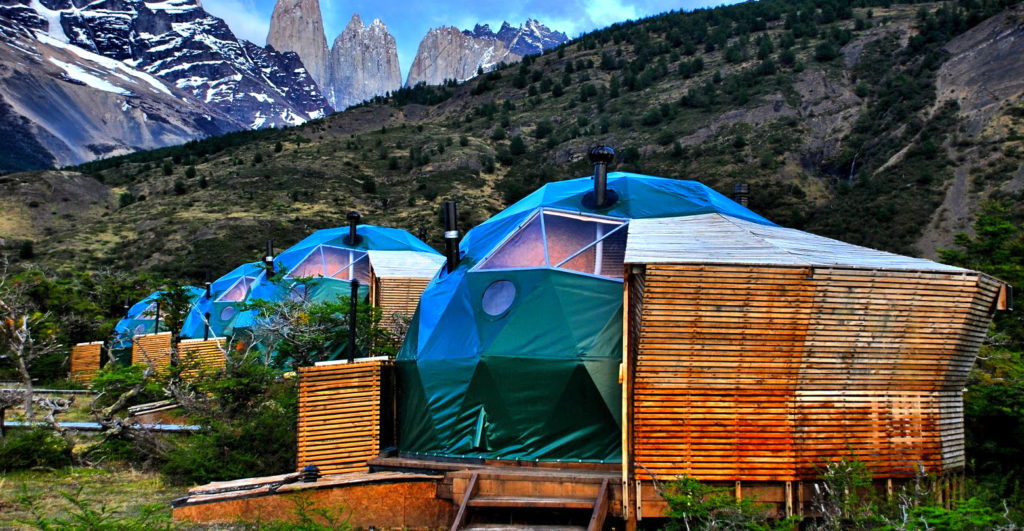
What is a carbon footprint? A carbon footprint is the measure of carbon used for each individual person across the globe. Since all economies and social behaviors revolve around the consumption of carbon based products and services, it is a ubiquitous as the use of money. Similar to currency, the use of carbon is a challenging task to reduce its use although not impossible.
The growing concerns of greenhouse gases emitting into the climate has been a subject of environmental scientists since the 1970’s. Since then it has grown to become a global political and economic concern and has formed strong international bonds since the destructible effects of climate change has been evidenced from the release of carbon from raw materials, namely crude oil, in industrial processes and their off shoot manufacturing practices.
Carbon. What is it?
Carbon is an element found on the periodic table. It is a natural substance found in every living thing and is a major component for life on earth. In its own sequence, it remains an idle and inert substance that doesn’t detriment the ozone that encapsulates the planet. Since the worlds eco system evolved from billions of years, the intricate and sophisticated balance of carbon emissions and its absorption back into these eco systems, the element itself is not a toxic poison for earth.
However, since the discovery of extracting fossil fuels that contain hue energy capacity for generating power stations and producing building material and power for running machinery, the growth of industry’s and their economies rely on the increased use of this and in turn equates to vast increased release of carbon heavy gases into the atmosphere. This in turn creates a barrier for the sun’s heat radiation to exit back out into space, thus causing the greenhouse effect. In simple terms, the world seals more heat than it should and this in turn has detrimental effects on all lifeforms and eco systems relied upon.
Energy suppliers
In the current age, the consumption of energy is an essential foundation of modern society. As such, the behavior and practices of energy suppliers have a huge relationship with the carbon footprint we each have. Since we pay for the service, this symptom of our purchase effects greatly the individual footprint. As such, it is now widely advised to turn to progressive energy suppliers looking to develop and industrialize renewable sources of energy that involve little or no use of carbon being released into the environment.
Food
The food we consume involves a certain about of carbon. Consider the fact that carbon is a living component to every life form, the increased population of cattle for food products means an ever increasing release of carbon through their very existence. Reducing the consumption of meat or bringing in an altogether plant based diet will reduce one’s footprint.
Travel
How we travel, the distance and it’s frequency. These are key aspects to the size of our footprints. Selecting public transport means sharing the use of fuel rather than personal transport measures like cars and motorbikes will greatly reduce the carbon footprint.
Any more questions you have about carbon and the footprint we leave, feel free to get in touch below.



